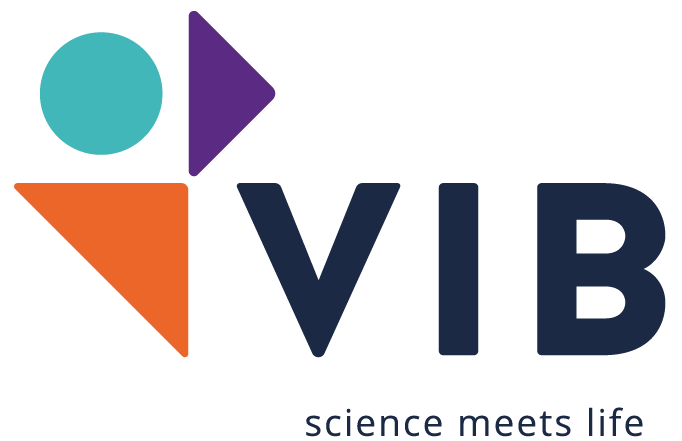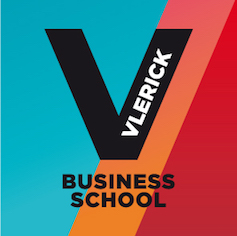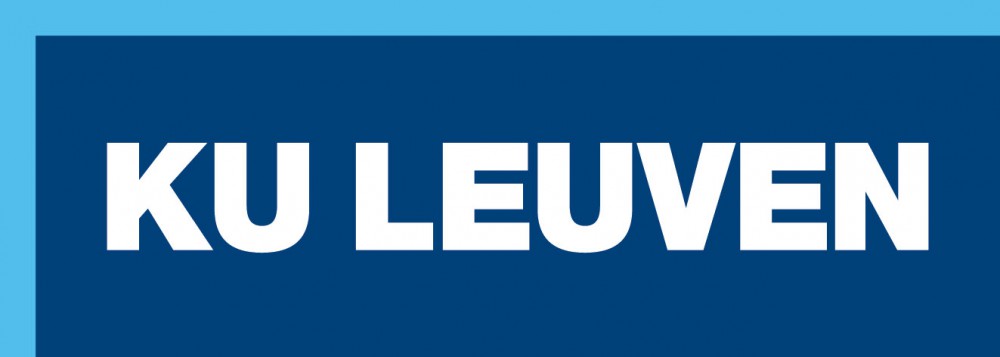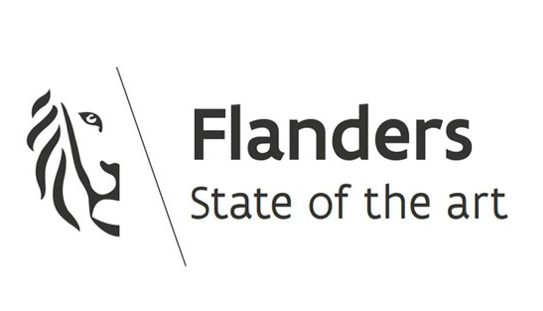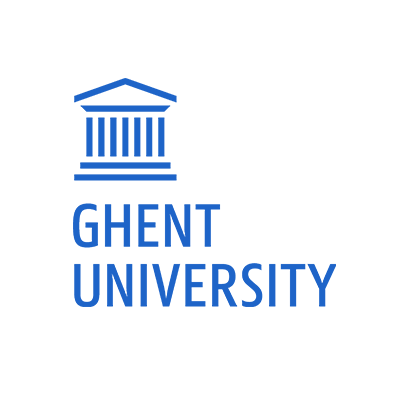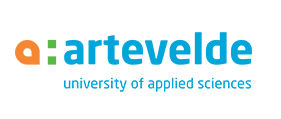Keeping it cool with 3D printing
Every machine, from your phone to rockets in space, heats up and needs to cool down. To keep your devices from overheating, heat exchangers and heat sinks play a crucial role in absorbing and dissipating excess heat. But how can we make these systems even better? Samanwitha Kolli is keeping it cool with 3D-printing technology!
Technology


About us
Science Figured Out lures scientists out of their trusted lab or office space and places them in front of a camera with a clear task: inform the general public in a clear 3-minute pitch about your research!
The project is an initiative of the non-profit SciMingo
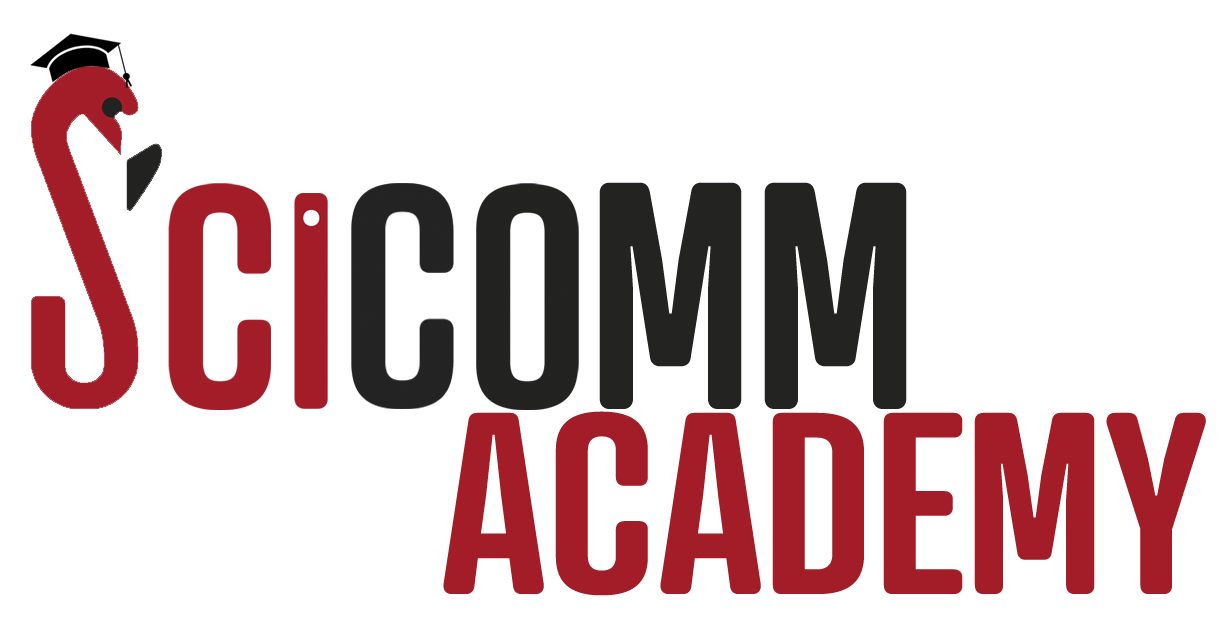
Do you want to record a Science Figured Out movie about your research?
Follow the video & pitch course via our SciComm Academy
Search videos
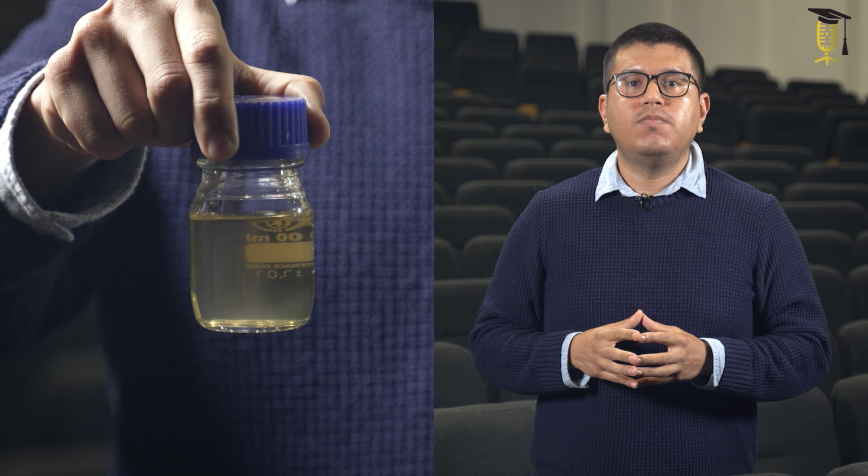
KU Leuven
VITO
Sustainable recycling of precious metals
Did you know that 1 in 4 products that surround you contains precious metals? Think about your phone, laptop, or car. "Since these metals are rare and expensive, we urgently need better ways to recycle them", says Omar Martinez (VITO - KU Leuven). His PhD has led to a breakthrough solution: he developed a new, sustainable method, called GDEx, which allows for the selective recovery of these precious metals, with nearly 100% efficiency.
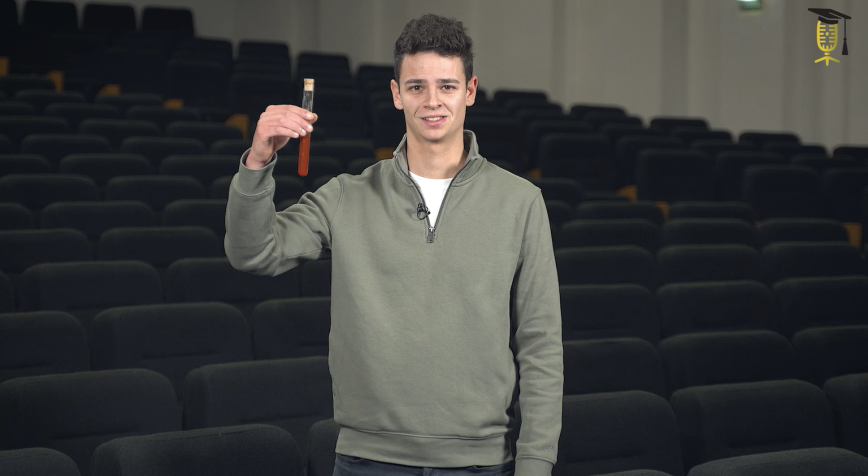
UHasselt
VITO
Unlocking the full power of biomolecules
Do you know what happens with your blood sample after a visit to the doctor for a check-up? Your blood sample undergoes testing for common biomolecules like cholesterol, glucose, or vitamin D. Modern technology allows for testing beyond these basics, generating vast amounts of data. Dries Heylen is developing visualizations and analytical techniques to help researchers make sense of this complex data, providing deeper insights into how specific biomolecules relate to diseases and which ones are crucial to monitor. Bloody genius, right?
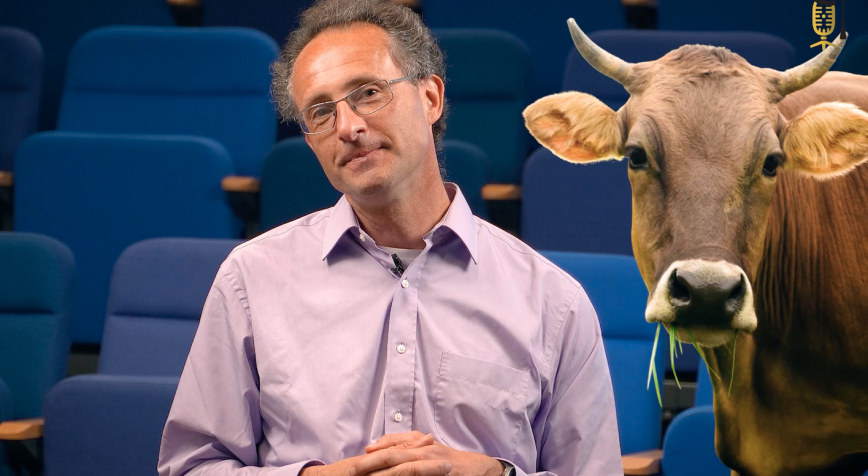
ILVO
Cows contribute to the climate solution
Cows burp - a lot. Those burps contain methane, a potent greenhouse gas that, like CO2, causes global warming. Can we make cows produce less methane? "Yes, by adjusting their feed," Nico Peiren (ILVO) explains in this video.
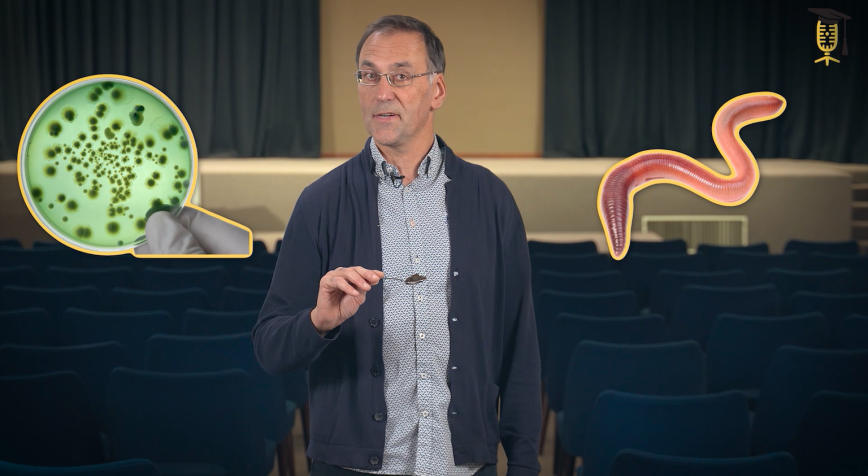
ILVO
Healthy soil for healthy crop development
For a farmer, a soil brimming with life, such as bacteria, fungi, and other organisms, is important for growing crops. But how do you get such a healthy soil? That's what Koen Willekens (ILVO) digs into in his research.
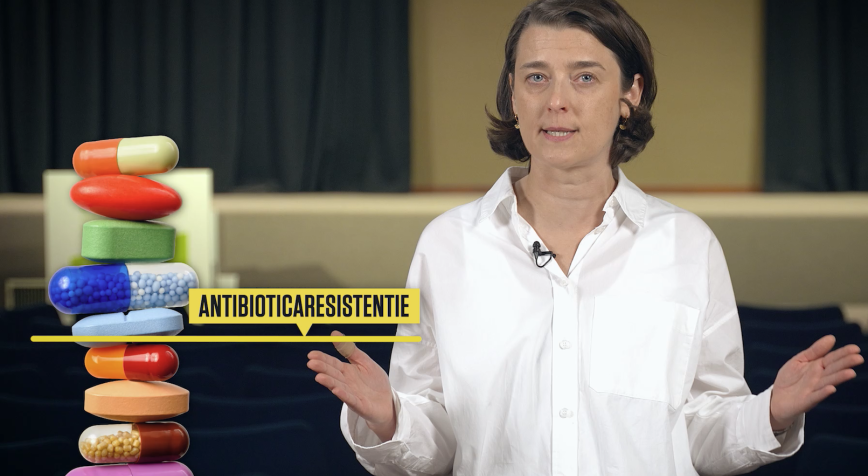
ILVO
How many antibiotics are in manure, soil, water and vegetables?
How many antibiotics are in the environment? And which antibiotics can be found? The Flanders Research Institute for Agriculture, Fisheries and Food (ILVO) thoroughly mapped this out for the first time. What emerged? "Antibiotics are widespread in the environment. We often find them in manure and in the soil, sometimes in fairly high concentrations. This is less the case in water and vegetables," researcher Geertrui Rasschaert explains.
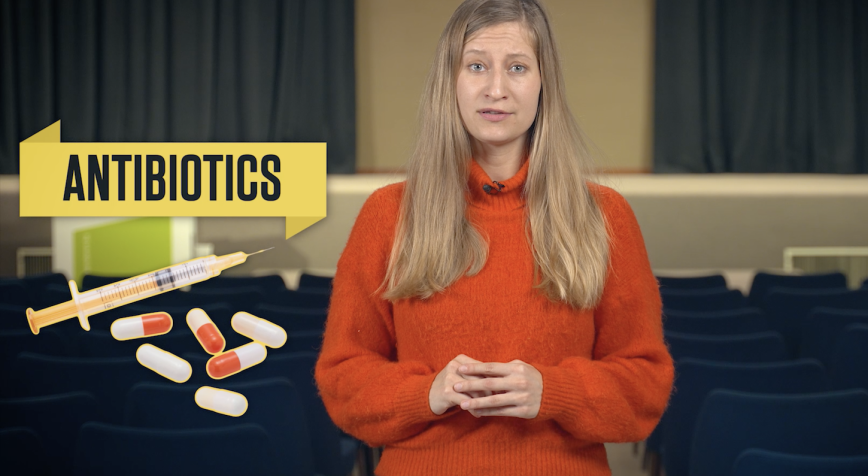
ILVO
Limiting the use of antibiotics in farms
To reduce the use of antibiotics on farms, we need to prevent animals from becoming sick as much as possible. This involves changing how farmers keep their animals, such as rethinking housing and transportation, adjusting their diet, and allowing young animals to stay with their mothers longer. However, these changes can be difficult for farmers because they might increase costs. Fanny Baudoin, a researcher from ILVO, spoke with farmers and others involved to understand these challenges. She aims to make recommendations on how to overcome these difficulties, helping us decrease the need for antibiotics on farms.




